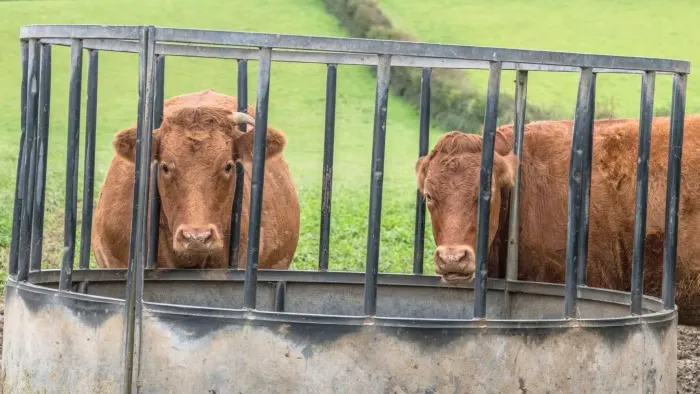Although the United Kingdom is considered a global leader in animal welfare, a report by the Social Market Foundation has revealed that only 2.3 percent of animal welfare breaches are being prosecuted, despite one in every three farm inspections uncovering actual violations. These breaches include harsh practices such as routine tail docking in pigs and lameness in dairy cows.
The report attributes this lack of legal action to an overreliance on industry-led inspection schemes like Red Tractor, resulting in a form of self-regulation that undermines the standards that should be enforced. In addition, real-term funding for local councils has dropped by 18 percent since 2010, directly impacting the frequency and effectiveness of government inspections.
Approximately 97 percent of farms are not inspected by the state but instead by private industry bodies every 12 to 18 months. These bodies, such as Red Tractor, often fail to take adequate action when violations are found and do not make inspection outcomes publicly available, making it difficult to hold farms accountable.
Leading animal rights advocates have described the situation as alarming, accusing the government of neglecting its responsibility toward animals raised for human consumption. The report recommends centralizing welfare enforcement under the Animal and Plant Health Agency (APHA), regularly publishing comprehensive data on inspections, breaches, and enforcement actions, and allowing enforcement agencies to retain fines from penalty notices, similar to traffic violations.
While the APHA maintains that it takes all reported breaches seriously and investigates each one, there is growing public skepticism about the effectiveness of the current system. This has led experts to call for fundamental reforms to ensure justice and proper welfare for farm animals.
